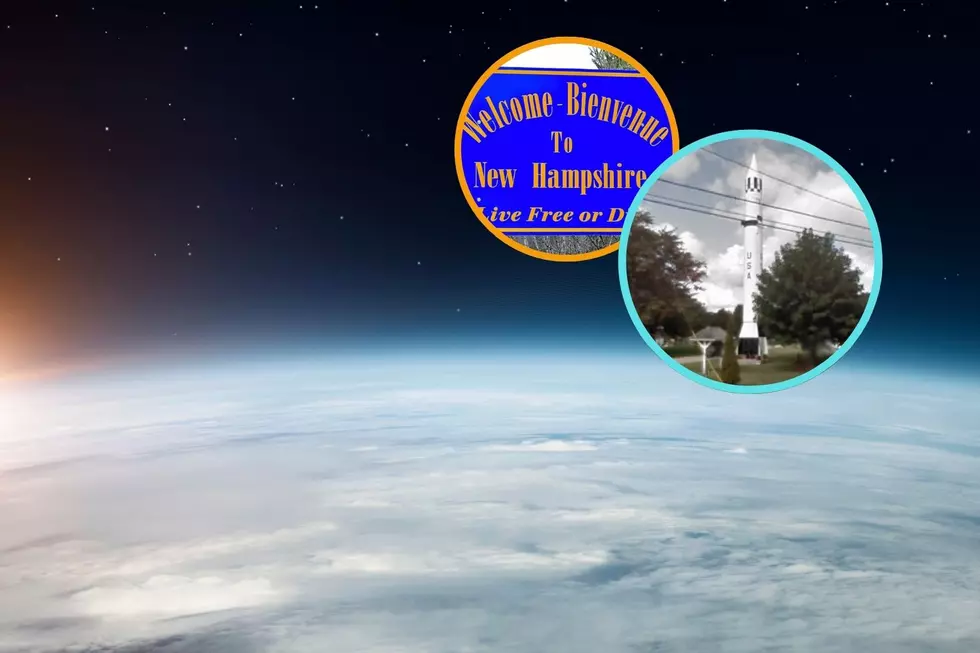
Grant Allows UNH Scientists To Dig Into Earth’s Climate Mysteries
Scientists at the University of New Hampshire received a new grant that will allow them to investigate the mysteries surrounding the history of Earth's climate and how that knowledge can be applied to climate change today.
A new, five-year, $425,000 grant from the National Science Foundation will permit UNH scientists to help retrieve samples from ancient ice "that could unlock the secrets of Earth's last warm period and help with climate change projections," according to a university release.
As part of a multi-institutional team representing the United States, research project managers Joe Souney and Mark Twickler will drill down to ice from 130,000 years ago near the South Pole, per the release. The site, which the team believes could provide possible clues to the last collapse of the West Antarctic Ice Sheet, is called the Hercules Dome and is located hundreds of miles from the Antarctic coastline.
“By drilling down into the ice sheet and recovering these cylinders of ice from ancient times," Souney said in the release, "it allows us to look back in time for thousands and thousands of years and determine what the climate conditions were like back then."
According to release, the site at Hercules Dome is a remote location near a mountain range dividing east and west Antarctica and sits approximately 8,200 feet above sea level with a mean average temperature of -35 degrees Fahrenheit.
“Our planning will detail, for example, how we will get ourselves and all of the required science cargo and camp materials to Hercules Dome, likely through a combination of overland traverse and aircraft support," Souney said. "Specifics on the field camp, such as camp population, camp structures and layout, power and fuel requirements, camp equipment; and the fieldwork schedule.
Added Twickler: “The ice cores from this region should provide the most detailed Eemian epoch environmental record available pretty much anywhere in the world. The Eemian epoch, which was about 120,000–130,000 years ago, was the last time the Earth was in a warm period similar to today. If we can better understand the environmental drivers then, it might help us better understand current climatic conditions and help predict future conditions.”
The National Science Foundation funded the roughly five-year, $3 million project involving the University of New Hampshire, the University of Washington, the University of California, Irvine and the University of Minnesota. The release said work has been delayed due to the COVID-19 pandemic but drilling the 1 1/2 mile ice core is set to begin in 2024.
KEEP READING: Scroll to see what the big headlines were the year you were born
More From Seacoast Current








